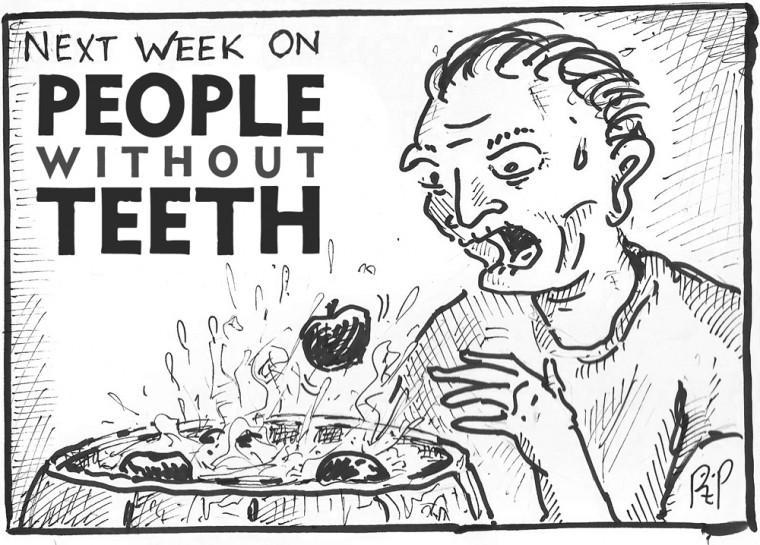GTL has found a new meaning: Gym, Tan, Last Season.
Since the show blew up after its December 2009 premiere, “Jersey Shore” has seen its share of controversial moments, but on Aug. 30, MTV announced the series would be airing its sixth and final season this fall.
“Jersey Shore” may soon be ending, but the world will be seeing its effects — for better or worse — for a long time to come. Impacts vary from heightened stereotypes of New Jersey residents to the bandwagon effect, which followed in the series’ success.
“Let’s just keep it real, we’ve made a lasting effect,” Mike “The Situation” Sorrentino told LA Times. “It will take a number of years to try to forget what we’ve done. We changed the way people view reality TV. We helped changed how reality TV is done.”
During the first season, the show raked in about 2.7 million viewers but climbed to more than 8 million viewers during the third season in Italy, according to the LA Times.
The show’s success then sparked a number of similar television shows based on life in New Jersey.
“Jerseylicious,” a show on the Style Network that follows the staff of a New Jersey salon, aired in March 2010, and spinoff of the show, “Glam Fairy,” explores a former “Jerseylicious” cast member’s mission to makeover women in her own New Jersey fashion.
But it didn’t stop there. “Jersey Couture,” a show on Oxygen about a New Jersey dress boutique, premiered in June 2010.
While these shows exploited television viewers’ newfound interest in the Garden State, “Jersey Shore” influence’s one outlet far from the shore. “Geordie Shore”, a British adaptation of the series, premiered in May 2011 and will be airing its fourth season next month. On Sept. 24, the newest adaption, “Gandia Shore,” aired in Spain.
Although the bandwagon has thankfully slowed, the filming of reality shows in New Jersey remains to be an issue in the minds of politicians.
On Sept. 24, New Jersey lawmaker Ronald Dancer introduced the “Snooki Law,” which would regulate the “filming of reality television shows within their boundaries before a Situation develops,” according to The Huffington Post.
If approved, the law would allow individual towns to create their own conditions on filming. After three years of drunken face plants on the beach and street brawls with locals, public safety has proved to be a major concern. One condition from the law could demand that TV crews pay for additional police officers during filming.
This season’s premiere showed a tame house, but as we’ve seen in the season’s previews, more arrests will follow.
Fortunately for them but unfortunately for viewers, many of the cast members have begun to grow up. Last Thursday, we saw a sober Mike after his return from rehab as well as an unusually sober Snooki, who is now pregnant and engaged. Now that the duo is above the influence, I doubt we’ll be seeing any more trips to the hospital or vicious attacks with wine bottles.
They may have cleaned up their acts since season one, but the impressions left with viewers will continue to reinforce negative stereotypes of New Jersey residents.
Psychology senior Colleen Prejean said the show’s exposure to “the guido and guidette lifestyle” may have brought the underground trend to the mainstream media.
“I hadn’t heard of ‘guido’ as anything more than a joke [before the show],” she said. “I think it affected a small number of people who now think it’s more socially acceptable to fulfill that guido stereotype.”
Prior to “Jersey Shore,” guido and guidette were not commonly used words, but the show also introduced a slew of new terms spanning from GTL and grenades to kookah and meatballs.
Whether you’re a fan or not, “Jersey Shore” has changed the face of reality TV. So you can boycott the show or troll the cast members’ Facebook pages, but as the series ends, we’re still going to have a Situation for many years to come.








